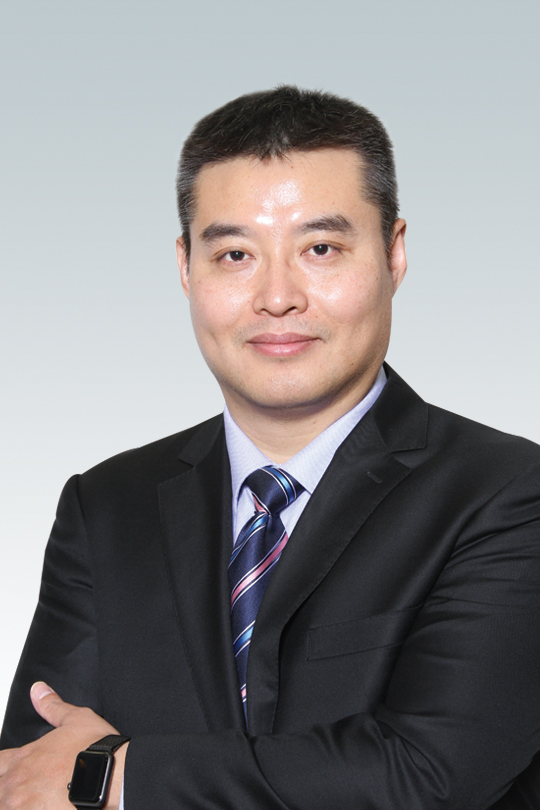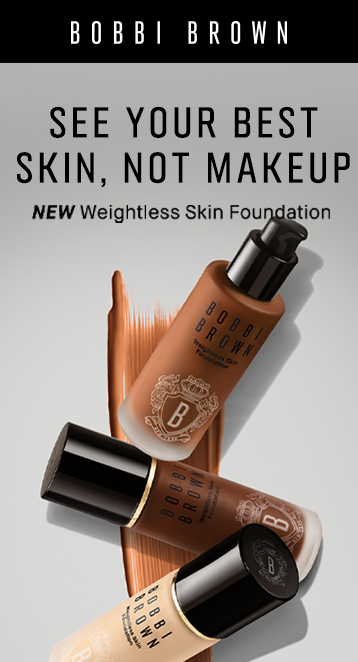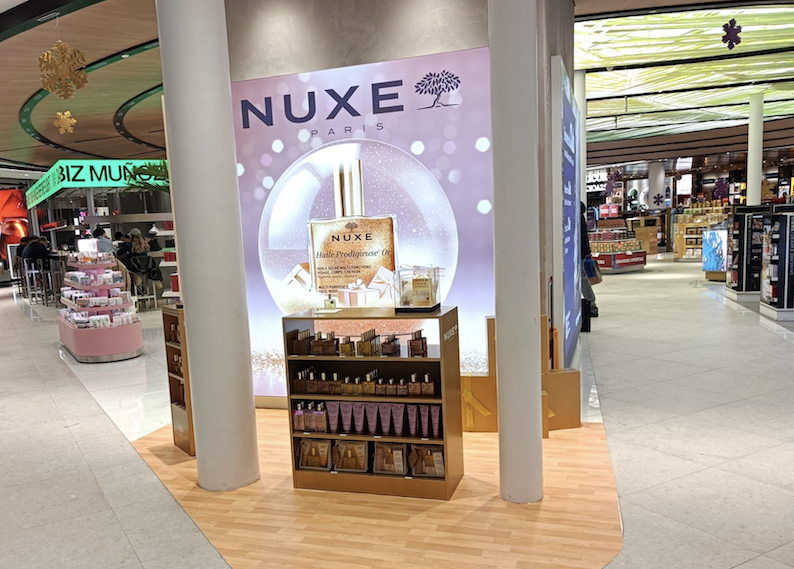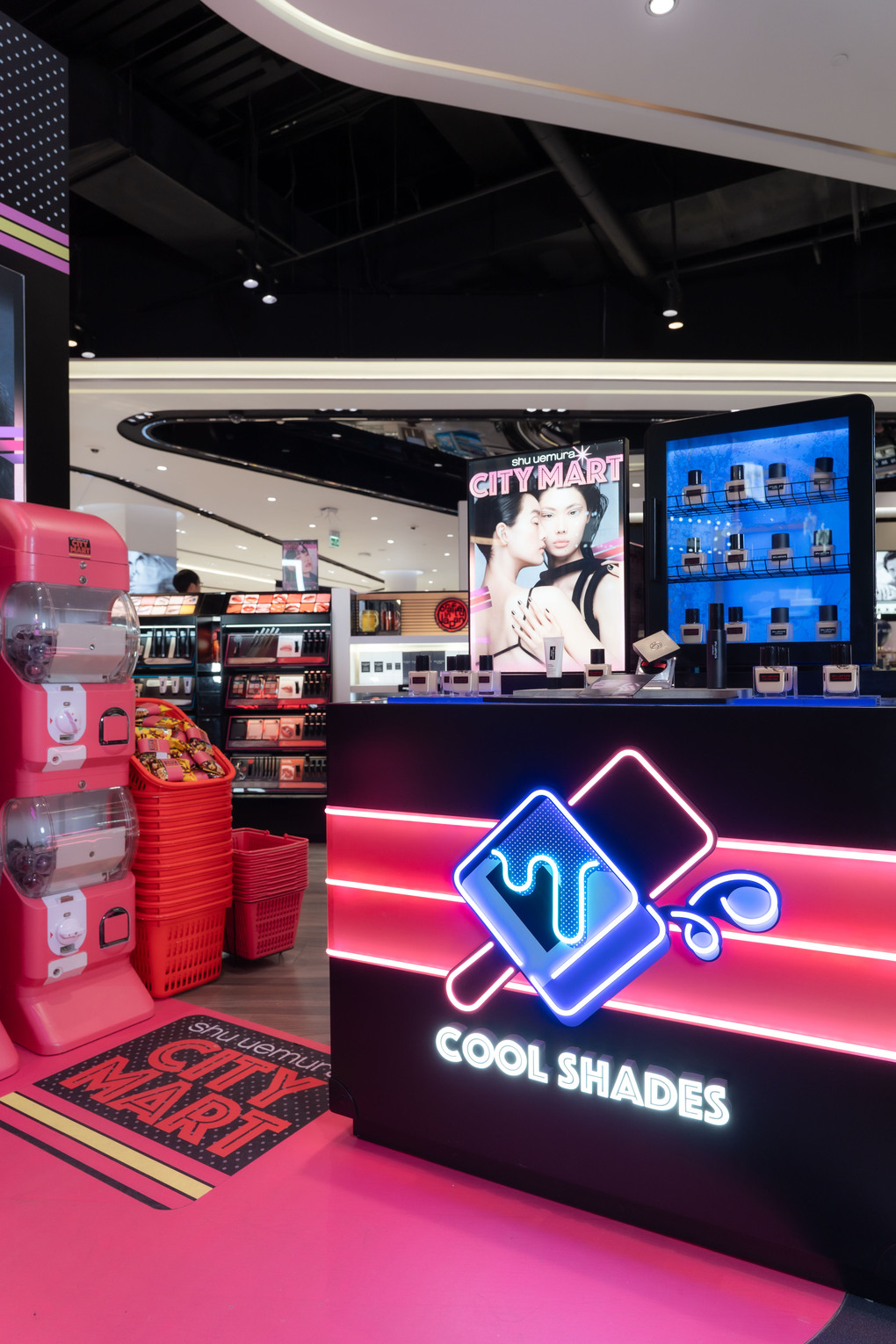
Publisher’s introduction: As revealed by The Moodie Davitt in a global exclusive, China’s National Medical Products Administration (NMPA) announced on 4 March that effective 1 May, 2021 the animal testing requirement for general imported cosmetics in China will be waived under certain conditions.
The effective elimination of mandatory animal testing (the ‘toxicology test’) for imported cosmetics is part of a new regulatory framework for cosmetics in China revealed by the NMPA on the same day.
The development has tremendously positive repercussions not only for the China local market but also for Hainan. Until now, the island’s booming offshore duty free sector could only sell cosmetics that had undergone animal testing – a constraint that does not apply to the traditional duty free channel on the Mainland. The change will usher in a potentially huge opportunity for the many brands wishing to gain a slice of the fast-rising Hainan pie.
The Moodie Davitt Report Founder & Chairman Martin Moodie spoke with Stephen Peng, a Senior Partner at leading Chinese law firm Jincheng Tongda & Neal. Peng specialises in foreign direct investment, M&A, venture capital and private equity investment, IPO, international trade and WTO trade policy. He is also a contributor to Oriental Travel Retail Observer, the acclaimed monthly travel retail research project available by subscription through The Moodie Davitt Report.
Jincheng Tongda & Neal Senior Partner Stephen Peng says that the new cosmetics regulations introduced by China’s National Medical Products Administration (NMPA) have highly positive repercussions for the category in both the China local market and the burgeoning offshore duty free sector.
“The new regulation is a big change compared to the old regime of the past 30 years,” he says. And while Peng points out that there is no specific mention of Hainan in the text, the new regulations apply across the board in China, meaning that offshore duty free on the island province benefits from the policy liberalisation.
“The old regulation, which was enacted in 1990, requires across the board approval for all new imported cosmetics and all new cosmetic materials imported into China,” Peng points out. “There is a certain exception to that – such as the traditional duty free channels of airport duty free and the downtown duty free shops in the city.
“However, duty free shops in Hainan were subject to the same regulation as all other cosmetics imported with duty [to the local market]. So, Hainan [before the 1 May changes] is currently disadvantaged compared to its competitors in the traditional duty free channels. Hainan will now enjoy the same treatment as all other channels, so it really benefits from the change of regime.”
The wide-ranging set of new regulations also stipulate that cosmetics products which have not been available in China but which have been in use elsewhere globally for at least three years will be exempt from the animal testing requirement. Even those that do not qualify on those grounds will be able to submit for market approval based on accepted alternatives to animal testing – a reaction to worldwide trends, notably within the European Union.
“This is a big story for downtown duty free in Hainan, opening the door for all the hot Indie brands such as Tatcha or Charlotte Tilbury etc. to enter once registration can be completed by about September,” comments Rob Robertson, Founder & CEO of Star Brands Asia and Beauty Director for Bluebell China.
Peng agrees. “I think the correct way to interpret the new stipulation is that for those brands it’s good news not only for imports into Hainan, but also for all imports into China because this new regulation is applicable all across the country. Now, new brands can enter not only in Hainan but also in the whole of China.”
So if he was advising a new brand about entering the China local and offshore duty free markets, what would Peng tell them in terms of next steps?
“I would advise them to review which of their products are to be sold into China. Cosmetics materials that are already in use are the category where either no test or a less stringent test is required,” he responds. “For the second type – completely new materials, new cosmetics – they will still have to go through a toxicology test but they can find an alternative to animal tests.
“But for new brands, it would be more cost effective to focus more on those cosmetics that have already been in use for some time outside China. If they are completely new, it will need more time to complete all the registration and approvals.
“For completely new, there are two subtypes,” Peng explains. “The first type is completely new, not only in China, but also worldwide. Meaning it has not had tests or certification worldwide. The second type is completely new in China, and which has already been in use but less than three years – and has certain tests or certification from another corresponding government agency.”
In short, the key as a brand owner is to understand which category your products fall into. And from there, the strategy flows. “That’s a correct understanding of it,” Peng responds. “On the official website of the NMPA, the key words for the reform are ‘classified administration’. So the strategy for new brands is around classifying the view of their products.”
Note: Peng’s firm advises brands on the complexities of market entry and can be contacted via www.jtnfa.com








